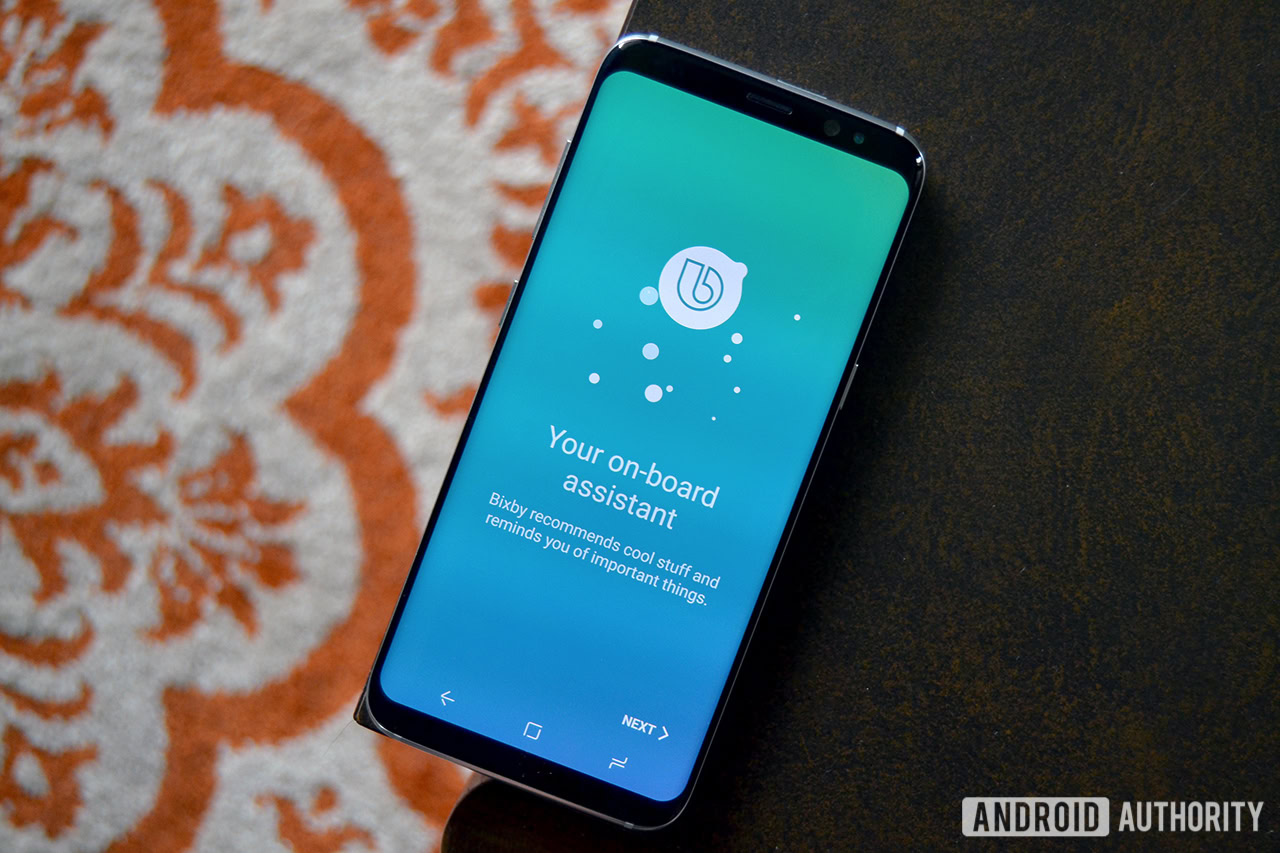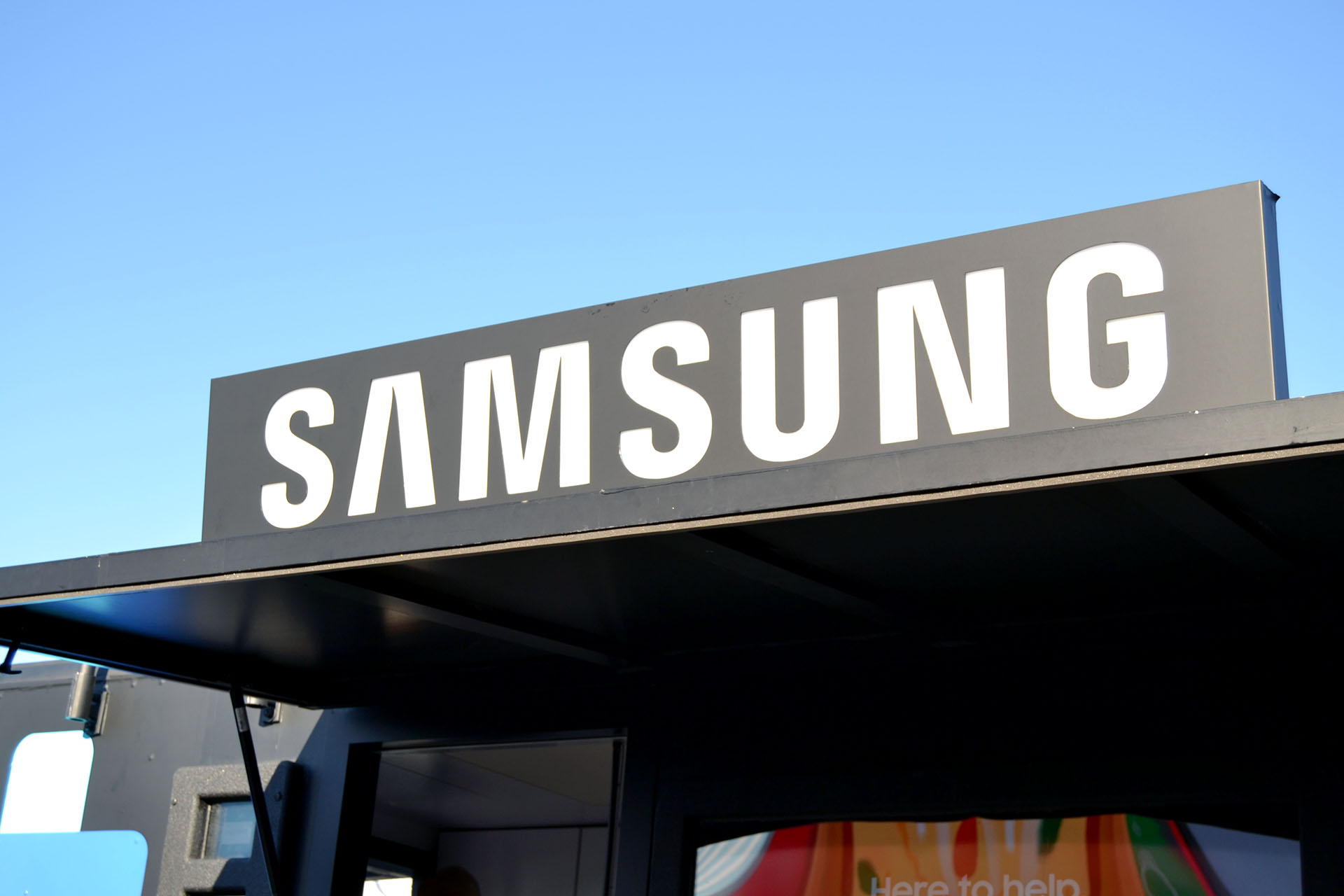Affiliate links on Android Authority may earn us a commission. Learn more.
Samsung to launch Bixby-powered smart speaker in second half of 2018 (Updated)
February 27, 2018

"In December last year, we began taking applications for the public beta version [of Bixby 2.0]. So far over 800 companies have applied and are testing it,” Koh said.
"At this speed, I think we will be able to unveil Bixby 2.0 when we launch the Galaxy Note 9."
Koh noted that, for the first version of Bixby, the company had focused on “a fast rollout to the market”—something which few people would argue with. It launched without core features, such as voice support in some regions, and generally underwhelmed critics. "Expanding the ecosystem was difficult. Bixby 2.0 will strengthen this aspect and we are working intensely," said Koh.
The next version of Bixby will also recognize specific voices, if there are multiple users, according to Eui-Suk Chung, executive vice president and head of software and AI at Samsung.
Whether Bixby 2.0 will launch on the upcoming Samsung speaker(s), or if it will arrive at a later date via a software update, wasn't discussed. However, Samsung is under less pressure to deliver a timely smart speaker than it was to launch its Galaxy S8 and S8 Plus with Bixby last year (following the disastrous Galaxy Note 7 and all), so I suspect the speaker will launch with the new version. For more on that, see the previous coverage below.
Previous coverage (02/26): Samsung will release a Bixby-powered smart speaker in the second half of the year, Samsung mobile chief DJ Koh has confirmed. Koh made the comments during an interview at MWC 2018 via The Wall Street Journal [paywall], and touched on the product’s price structure.
“When I introduce the first model, I don’t want to give the impression that Samsung delivered another affordable mass model,” Koh said. “I want to focus on more premium.”

Current prices for these devices range from something like the Amazon Echo Dot and Google Home Mini at $50, all the way up to the likes of the Apple HomePod ($349) and Google Home Max ($399). The Wall Street Journal also indicated that the device could come in at different price tiers, so Samsung may be taking a Google-like approach with the most expensive device having the best audio setup.
Smart speakers are a growing market and it’s no surprise Samsung—one of the world’s largest consumer technology manufacturers—is having a go. That being said, the AI behind the long-rumored device, Bixby, hasn’t been particularly well-received since launch and has only been slightly improved on the recently unveiled Galaxy S9 and S9 Plus. People were at one time going to lengths to remap Bixby’s dedicated button on the Galaxy S8; it’s going to have to receive a substantial improvement if Samsung wants people to buy a smart speaker based on it.